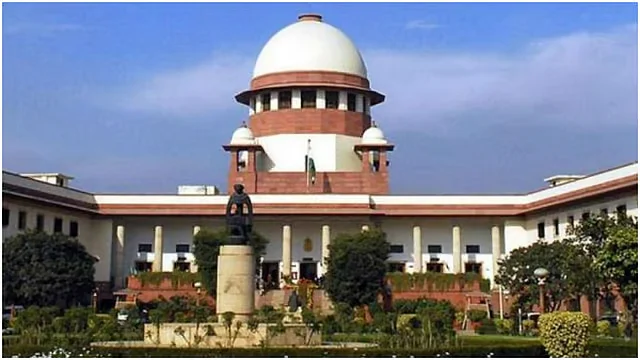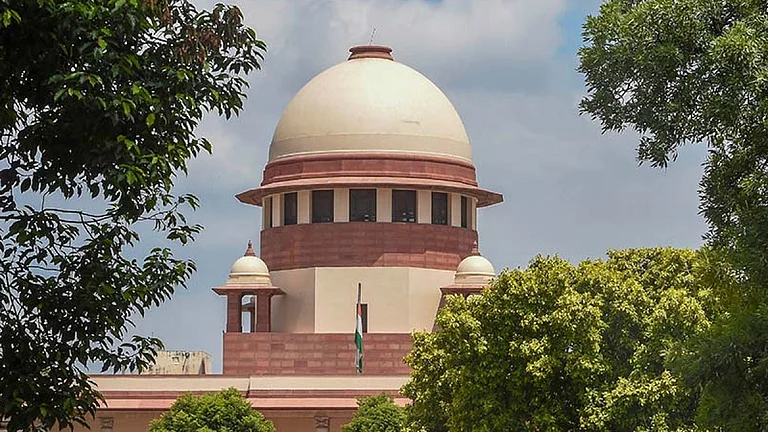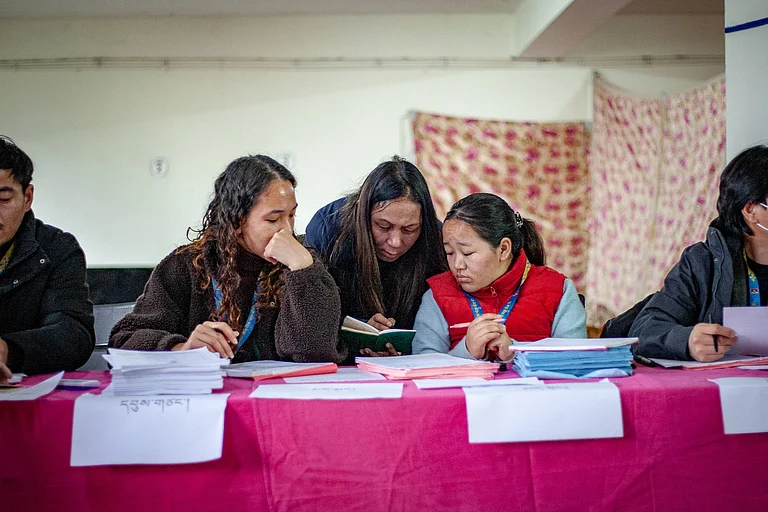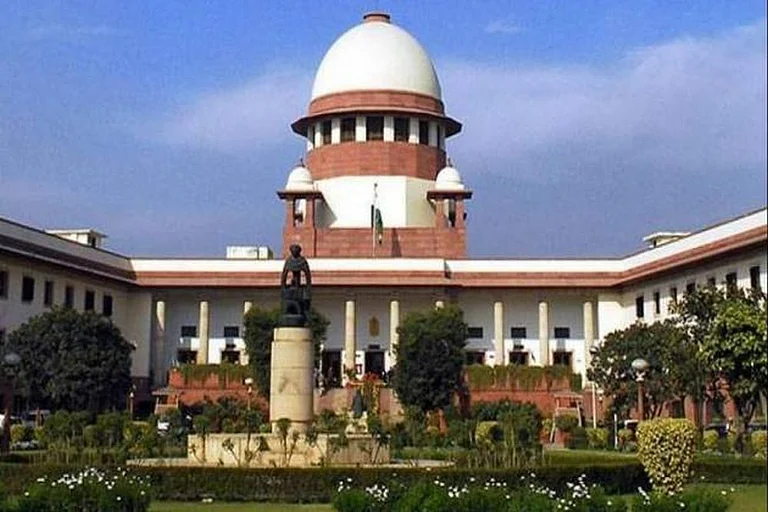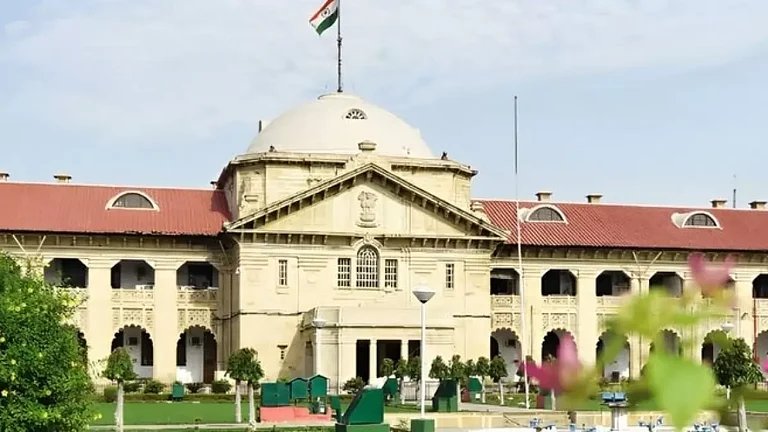
Supreme Court declines early hearing on pleas challenging state anti-conversion laws.
Bench led by CJI B R Gavai to hear the matter in December.
Petitions allege the laws violate personal liberty and freedom of religion.
The Supreme Court on Tuesday declined to grant an urgent hearing to pleas seeking a stay on anti-conversion laws enacted by several states, including Uttar Pradesh, Gujarat and Madhya Pradesh, and said the matter would be taken up in December, PTI reported.
A bench comprising Chief Justice B R Gavai and Justices K Vinod Chandran and N V Anjaria said the petitions, which challenge the constitutional validity of the laws, will be listed next month. When a lawyer representing one of the petitioners sought an early hearing next week, the CJI replied, “It is not possible. I have to write judgments.” The Chief Justice is scheduled to retire on 23 November.
According to PTI, the bench had earlier, on 16 September, sought responses from several state governments on the interim pleas that requested a stay on the operation of their respective anti-conversion statutes. While issuing notices, the court clarified it would consider the prayer for a stay once replies were filed. The states were given four weeks to respond, and the petitioners were allowed two additional weeks to file rejoinders.
The batch of petitions before the apex court challenges anti-conversion laws enacted by states including Uttar Pradesh, Madhya Pradesh, Himachal Pradesh, Uttarakhand, Chhattisgarh, Gujarat, Haryana, Jharkhand and Karnataka.
The Centre, in its earlier submissions, questioned the locus standi of activist Teesta Setalvad’s NGO, Citizens for Justice and Peace, which has challenged the state laws on religious conversions arising from interfaith marriages. Alleging that the NGO was acting “at the behest of some selected political interest”, the Union government accused it of collecting large sums by exploiting the suffering of riot-affected persons.
The Supreme Court had, on 6 January 2021, agreed to examine certain laws introduced by states such as Uttar Pradesh and Uttarakhand that regulate religious conversions linked to interfaith marriages.
The Uttar Pradesh legislation covers not only interfaith marriages but all religious conversions, prescribing detailed procedures for those wishing to change their faith. Uttarakhand’s law stipulates a two-year prison term for anyone found guilty of conversion through “force or allurement”, which includes inducements such as money, employment or material benefits.
The plea filed by Citizens for Justice and Peace contends that these laws infringe upon Articles 21 and 25 of the Constitution by allowing the State to curtail an individual’s personal liberty and freedom to practise the religion of their choice, PTI reported.
(With inputs from PTI)






